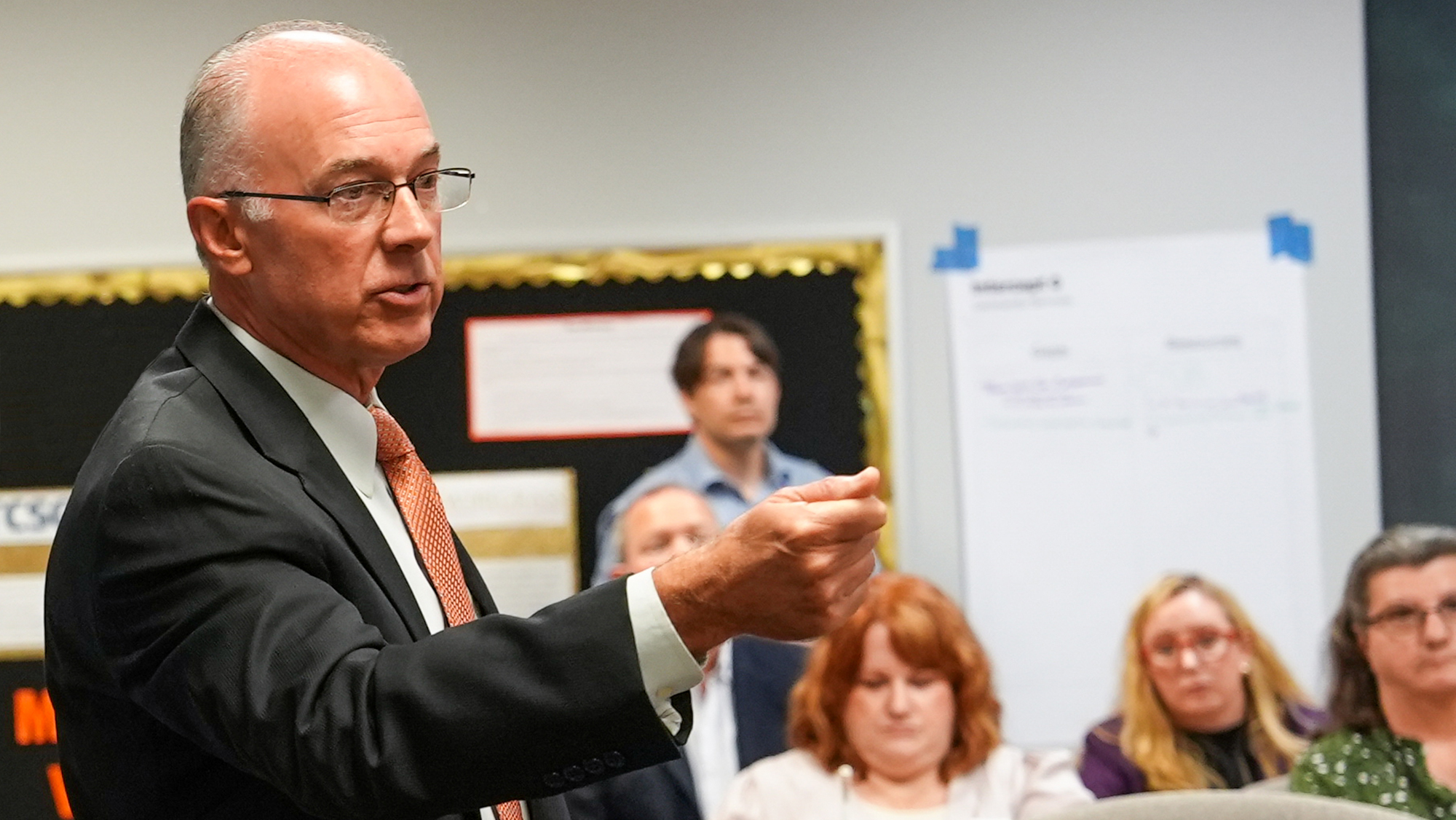Stage I: Needs Assessment
The needs assessment provides a critical basis for developing a successful strategic
plan. This phase takes six to eight weeks, depending on how much background research
is needed or provided. A needs assessment can include the following activities:
• Interviews/focus groups: Interviews with the leadership team, staff members, clients and other stakeholders
provide insights that then inform the design of other planning activities.
• Data Packets: We recommend the gathering and presentation of data and information early in the
planning process. Data and information packets are used to level-set with the planning
team and make sure participants have the same knowledge of the trends and headwinds
for their organization and its customers or community. Relative data might include
benchmarking, community polling, community profiles, demographic information and other
research.
• Document Analysis: As part of the planning process, the institute’s planning team will review pertinent
documentation such as prior strategic plans, comprehensive plans, budgets and annual
reports.
• Emergenetics: This is an optional tool that the leadership team can use to identify individuals'
thinking and behavioral preferences and improve communication and collaboration in
preparation for a planning retreat. Many of our partners appreciate the opportunity
to gain insight into their preferred thinking style and learn about ways to improve
communication within their teams.
|
Stage II: Plan Development
Plan Development covers two separate sessions: a leadership retreat and a session
on measurable objectives.
• Leadership Retreat: A quality strategic plan requires a strong foundation built on a shared vision, mission
and organizational values. Our planning process features a two-day retreat during
which the leadership team gathers for a facilitated engagement to develop the organization's
vision, mission and values as well as its goals and strategies.
• Measurable Objectives Session: After the leadership team defines the organization's direction, the institute team
returns for a one-day session to help the organization create metrics to finish the
plan. This session occurs two to four weeks after the leadership retreat and should
include additional staff from the organization.
|
Stage III: Implementation
The strategic plan will identify many projects and initiatives. The success of a plan
is measured by what is actually accomplished. Our process includes quarterly check-in
meetings and other supports to help leadership maintain momentum and move from planning
to action. A well-defined implementation plan is essential for turning strategic goals
into tangible outcomes and improving public service delivery.
• Quarterly Check-Ins: In the nine months following the delivery of the plan, the institute team conducts
three quarterly check-ins with partner organizations.
• Additional Support: The institute team continues to be available for support during the implementation
phase.
|
